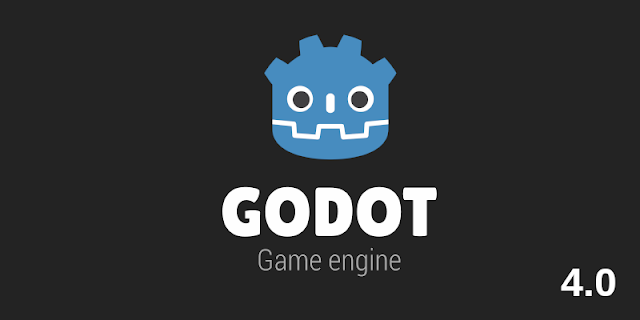Godot Engine 4.0 Released
After 4 years of development and with 1,500 individual contributors, the the wait is over: Godot 4.0 released! This release is more of a great rebuild than a regular update, having changes and improvements in all areas of the engine! Check the Godot Official Announcement and the Godot Changelog for more info:
- New Vulkan renderer.
- Highly improved Lighting & Shadows.
- New rendering optimization techniques.
- Enhanced mid & post-processing.
- New and improved 2D tilemap editor.
- Better atmospheric effects and addition of Volumetric Fog.
- Addition of Decals and collision on GPU particles.
- Imporoved Shader editor and extended Shader language.
- Support of Compute Shaders for better performance.
- Improved GDScript and port to .NET 6 the C# version.
- Replaced Bullet engine to Godot Physics.
- Improved Physics API, with multithreading and performance optimizations.
- Extended language support and easier translation workflow.
- Better and improved Navigation System.
- Addition of OpenXR and XR tools.
- Simplified Multiplayer development workflow.
- Cleaner sound and built-in polyphony support.
- Enhanced Animation editor and new Tween system.
- Several editor features, widgets and improvements.
- Multiple window support and UI editor improvements.
- New theme editor and text rendering system.
- Improved Android and Web support.
- Several bug fixes and usability improvements.
Projects comming from Godot 3.x need to be migrated to Godot 4.x, which can be cumbersome and complex, depending on the size of the project. Check the Godot 4 Migration Guide and Official Documentation for more info.
With the release of Godot 4, Godot 3 continue to be supported for a while, being considered an LTS (Long Term Support) version and with some features or bugfixes being backported from Godot 4.
The Godot Engine is a free, all-in-one, cross-platform game engine that makes it easy for you to create 2D and 3D games.











